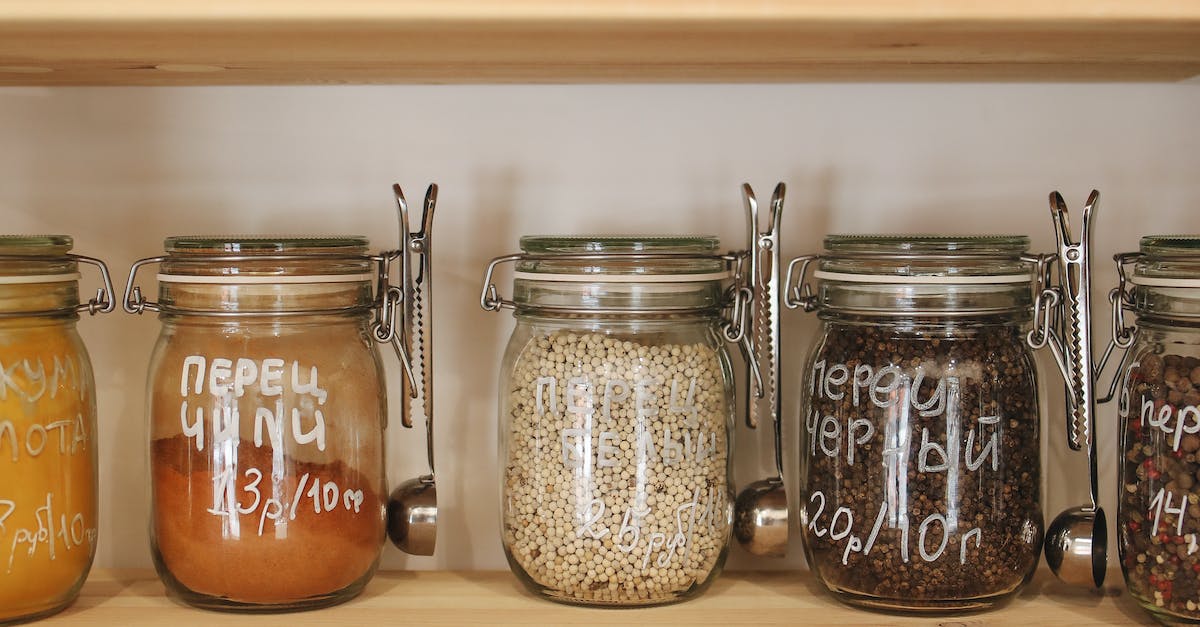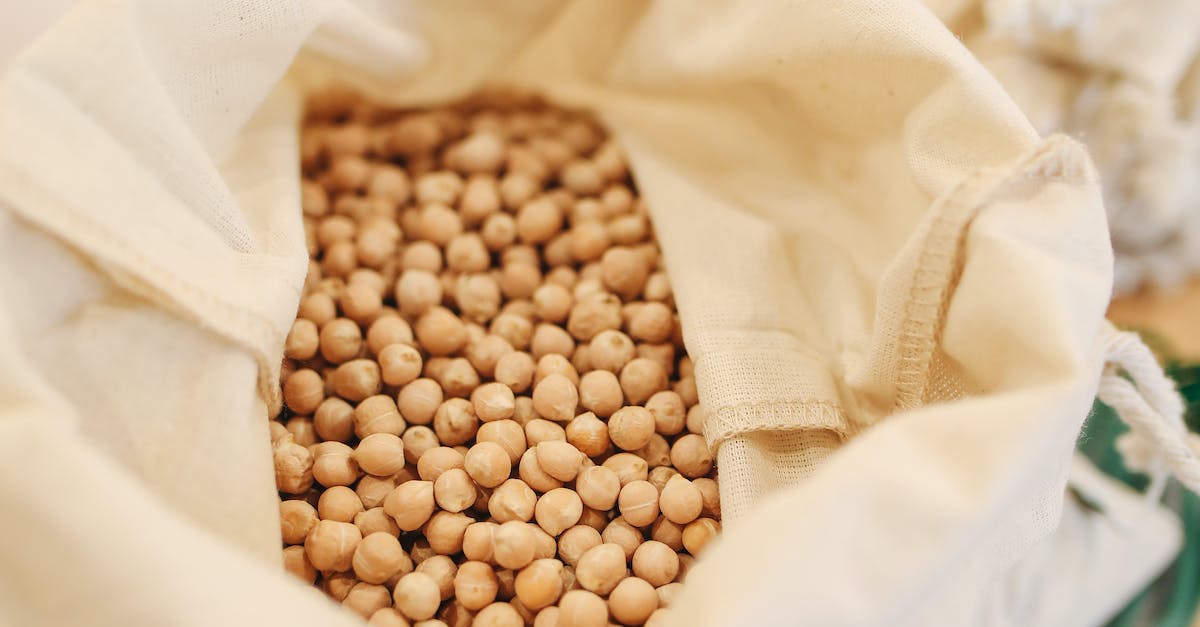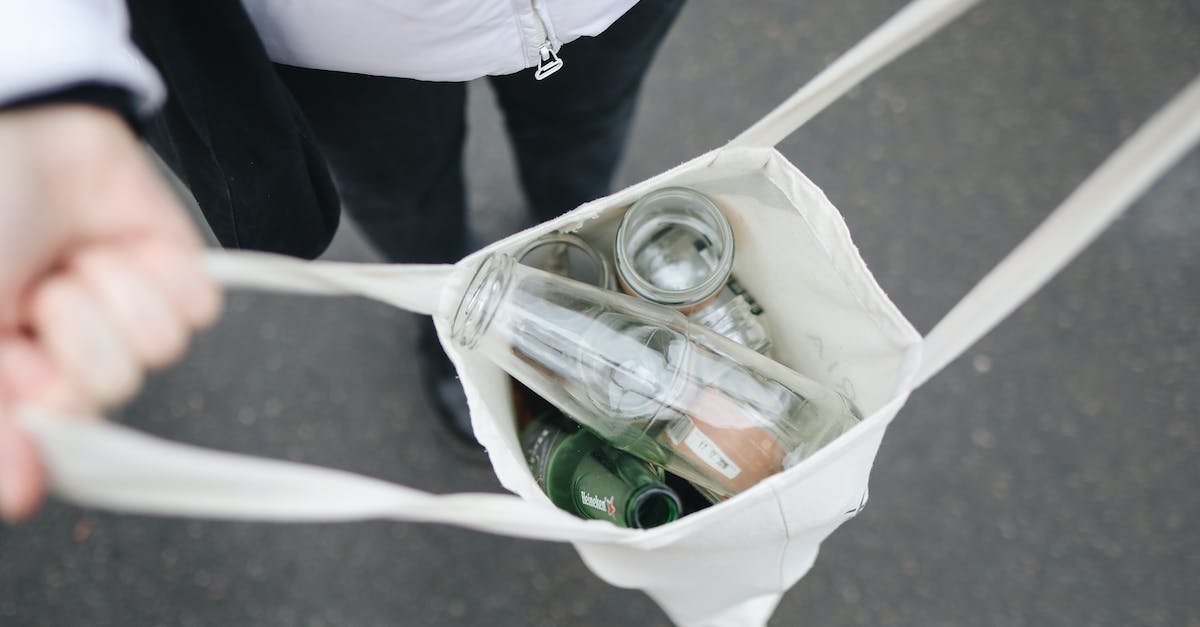Hello there, fellow eco-warriors! Are you ready to take on a new challenge that’s both environmentally friendly and adventurous? Then join me as we discuss how to travel without creating waste!
Now, I know what you might be thinking – traveling and zero-waste just don’t go together. But fear not, my environmentally conscious friends, because there are plenty of ways to explore the world without harming our planet. And let’s face it, we all have a little wanderlust in our bones that just can’t be ignored.
So grab your reusable water bottle and your trusty bamboo utensils, because we’re about to embark on a journey filled with sustainable travel tips, tricks, and hacks. From packing essentials to hotel stays, we’ll cover it all in a way that’s both entertaining and informative. I’ll even share some of my own personal stories of eco-friendly travel triumphs (and mishaps).
So buckle up and get ready to travel the world in the most eco-friendly way possible. Let’s show the world that you don’t have to compromise on your sustainable values to have an unforgettable adventure!
Plan Ahead

Planning ahead is a critical step in traveling without creating waste. It’s easy to get caught up in the excitement of traveling, but taking a few minutes to plan ahead can save you from creating unnecessary waste. By following these tips, you can travel without creating waste and still have an amazing experience.
- Bring Your Own Water Bottle: Instead of buying plastic water bottles, bring your own reusable water bottle. Most airports now have water bottle filling stations, and you can refill your bottle during your trip. This reduces plastic waste and saves you money.
- Choose Eco-Friendly Accommodations: When planning accommodations, choose hotels or Airbnb that practice eco-friendly measures. These may include recycling initiatives, renewable energy, and energy-saving practices. This helps reduce the waste the hotel produces, and you can feel good knowing that you’re supporting green hotels.
- Pack Reusable Shopping Bags: When packing your essentials, bring a reusable shopping bag. This will come in handy when you’re shopping for souvenirs or groceries while on your trip. It’s an easy way to reduce plastic waste and keep your belongings organized.
- Avoid Single-Use Plastics: Single-use plastics such as straws, utensils, and plastic bags are everywhere, but you can avoid them. Bring your own utensils and a reusable straw. Avoid using plastic bags and instead opt for a reusable tote bag or backpack to carry your belongings.
- Eat Local: Eating locally grown, in-season foods can be rewarding in many ways. Not only does it taste better, but it also supports the local economy and reduces the carbon footprint that comes with transporting goods long distances. Plus, with local food, you can avoid unhealthy processed foods that come with excessive packaging.
Planning ahead is a simple step that can make a big impact. By following these tips, you can travel without creating waste and feel good about the choices you make while exploring the world. Happy travels!
Pack Reusable Items

- Reusable Water Bottle: Pack a reusable water bottle to avoid buying plastic water bottles on the go. You can refill it at water fountains and save money while reducing waste.
- Reusable Cutlery and Utensils: Instead of using disposable plastic utensils and cutlery, pack reusable ones. You can use them at restaurants or picnics and have a positive impact on the environment.
- Reusable Shopping Bag: Bring a reusable shopping bag to avoid using plastic bags. You can use them to carry groceries or souvenirs, and they take up very little space in your luggage.
- Reusable Coffee Cup: If you’re a coffee lover, bring a reusable coffee cup to avoid using disposable ones. It can save you money and reduce the amount of waste you create during your travels.
- Reusable Straws: Instead of using disposable plastic straws, pack reusable ones made from bamboo or stainless steel. They are easy to clean and can be used over and over again.
- Reusable Containers: Pack reusable containers to store leftovers or snacks. They can be used to buy bulk items and avoid using plastic packaging. Plus, they are easy to wash and store in your luggage.
- Reusable Napkins: Instead of using paper napkins, pack reusable ones made from cloth or bamboo. They can be washed and reused, saving you money and reducing waste.
- Reusable Toiletry Bottles: Pack reusable toiletry bottles to avoid using disposable travel-sized ones. You can refill them with your favorite shampoo, conditioner, and body wash and reduce the amount of plastic waste you create.
- Reusable Makeup Remover Pads: Instead of using disposable makeup remover pads, pack reusable ones made from cloth or bamboo. They can be washed and reused, saving you money and reducing waste.
- Reusable Sanitary Products: For women, pack reusable sanitary products, such as menstrual cups or cloth pads, to avoid using disposable ones. They can be washed and reused, saving you money and reducing waste.
Use Public Transportation or Walk

- Use Public Transportation or Walk: One of the easiest ways to travel without creating waste is by using public transportation or walking. Taking a bus or train, or even renting a bike can greatly reduce your carbon footprint. Not only will you be able to explore more and save money, but you’ll also be helping to reduce air pollution, which is a major contributor to climate change. If you can’t walk or take public transportation, consider carpooling with others, or renting an electric car.
- Travel Light: The lighter you pack, the less waste you’ll create. Try to pack only what you need, and opt for eco-friendly and reusable accessories like a refillable water bottle, reusable bags, and microfiber towels. Remember to pack only eco-friendly toiletries as well, like toothpaste tablets and shampoo bars, which come in biodegradable packaging.
- Eco-Friendly Accommodations: When choosing where to stay, look for eco-friendly accommodations that have sustainability practices, such as recycling programs, water conservation measures, and renewable energy sources. You can also opt to stay in eco-friendly hotels, hostels, or even camping sites.
Choose Eco-Friendly Accommodations

- Eco-Friendly Accommodations: Look for accommodations that prioritize sustainability and make eco-friendly choices in their operations. This could include using renewable energy sources, reducing water usage, and using environmentally safe cleaning products. Some places even offer composting and recycling programs for guests.
- Camping: Opt for camping instead of traditional accommodations. Camping allows you to enjoy nature directly and eliminates the need for electricity, running water, and excess waste. Plus, campgrounds often have recycling programs and eco-friendly bathroom facilities.
- Airbnb: Look for eco-friendly listings on Airbnb. Many hosts have implemented sustainable practices, like using green cleaning products, providing recycling bins, and even offering bikes for guests to reduce their carbon footprint. Plus, staying in a local’s home helps support the community and limits the impact of large scale hotels.
- Eco-Resorts: Consider staying at an eco-resort that focuses on sustainability and conservation. These resorts typically offer eco-friendly activities, like hiking and bird watching, and may also have educational programs that teach guests about the environment and ways they can reduce their impact on it. Plus, these resorts often use locally sourced materials and support the surrounding community.
By choosing eco-friendly accommodations, you can significantly reduce your waste and carbon footprint while traveling. Not only will you be doing your part for the environment, but you’ll also have a unique and fulfilling travel experience.
Shop Responsibly

As an eco-friendly traveler, it’s important to be mindful of the waste we create during shopping trips. This means we need to pay more attention to how we shop and what we buy. Here are some tips on how to shop responsibly:
-

Fashionably Green and On-The-Go
£16.50 Select options This product has multiple variants. The options may be chosen on the product page -

Reusable and Ready Eco-Friendly Tote Bag
£16.50 Add to cart
- Bring your own shopping bag: Plastic bags are a major source of pollution. By bringing a reusable shopping bag with you, you can reduce the amount of plastic waste you create.
- Shop at local markets: Local markets are a great place to find fresh produce and handmade items. By shopping locally, we can support small businesses and reduce the carbon footprint of our purchases.
- Avoid single-use products: Single-use products like plastic water bottles, disposable utensils, and paper napkins are a major source of waste. Instead, try to bring your own reusable water bottle and utensils, and opt for cloth napkins when possible.
- Buy in bulk: Buying in bulk can help reduce packaging waste. Look for stores that offer bulk bins and bring your own containers to fill up.
- Choose eco-friendly products: When shopping for toiletries and cleaning supplies, look for products that are eco-friendly and biodegradable. These products are better for the environment and often come in recyclable packaging.
By shopping responsibly, we can reduce the amount of waste we create while still being able to enjoy our travels. So next time you’re out shopping, remember these tips and make a conscious effort to reduce your impact on the environment.
Dispose of Waste Properly

When it comes to traveling, it’s important to consider the impact we have on the environment. From single-use plastic bottles to discarded food containers, waste can accumulate quickly. However, with a few simple steps, we can minimize our waste and make a positive difference. Here are some tips on how to travel without creating waste:
- Bring reusable containers: Instead of using disposable cups, plates, and cutlery, bring your own reusable containers. This way, you can avoid creating unnecessary waste and also save money in the long run.
- Avoid single-use plastics: Single-use plastics are a major contributor to waste. Instead of buying bottled water, bring a reusable water bottle with you. Opt for products with minimal packaging or packaging that is easy to recycle.
- Properly dispose of waste: When you do create waste, it’s important to dispose of it properly. Use designated recycling bins, compost bins, or trash cans. Be sure to separate your waste by type to make it easier for it to be recycled or composted.
- Support eco-friendly businesses: Look for hotels, restaurants, and tours that have eco-friendly practices. These businesses may use biodegradable cleaning products, recycle and compost their waste, or use renewable energy sources.
- Reduce food waste: When traveling, it’s easy to overestimate how much food you need. Be mindful of portion sizes and only order what you can finish. Consider bringing a reusable container to save any leftovers for later.
- Leave no trace: When enjoying the great outdoors, make sure to leave it the way you found it. Pack out all trash and follow the principle of “leave no trace.” This means leaving nature intact and unaltered for others to enjoy.
By following these simple tips, you can make a big impact on reducing your waste while traveling. Not only will you be helping the environment, but you’ll also be setting an example for others to follow. So let’s all do our part and travel with a lighter environmental footprint!
Conclusion
So there you have it, my fellow eco warriors! Travelling without generating waste may seem daunting at first, but it’s as easy as packing a reusable water bottle and saying no to single-use plastics. Here are a few parting words of wisdom to inspire you on your waste-free travels:
– Bring your own cutlery – not only will it prevent waste, but you never know when you’ll need to eat that emergency snack!
– Shop at local farmers markets – not only will you support the local economy, but you’ll also reduce packaging waste.
– And finally, don’t forget to have fun! Travelling without waste doesn’t mean sacrificing enjoyment. In fact, by being mindful of our impact, we’re able to fully appreciate the beauty and diversity of our planet.
So go forth, my fellow eco enthusiasts! Pack your reusable bags, hop on your bikes, and explore the world with a light (and waste-free!) footprint. Remember – every small gesture adds up to a big impact!

